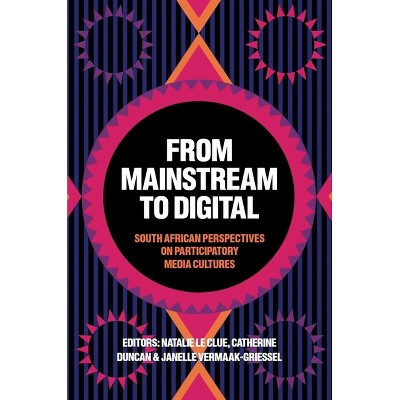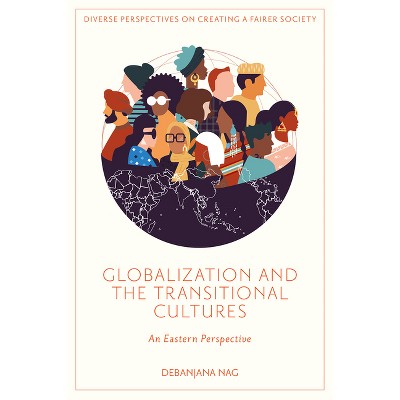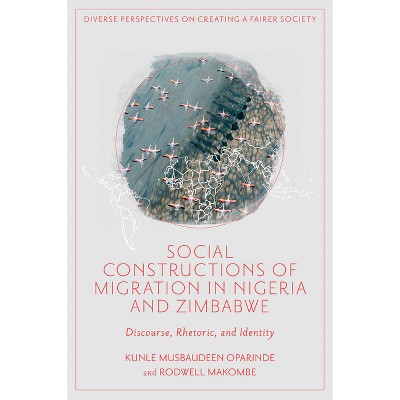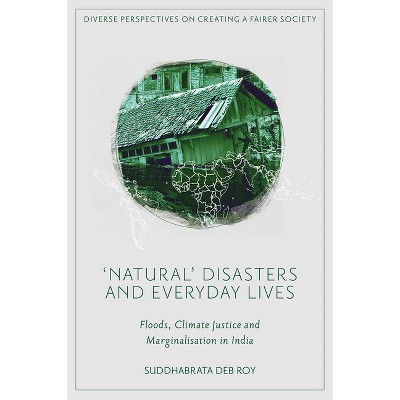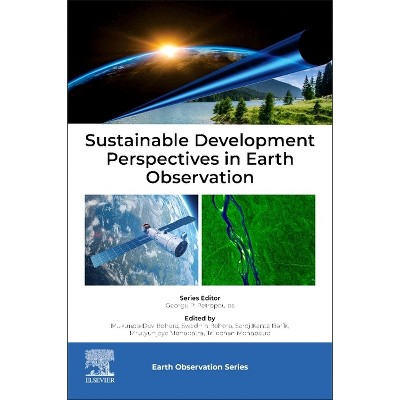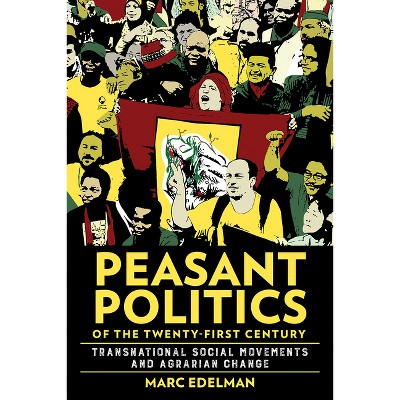Sponsored

Dietary Diversity for Sustainable Development - (Diverse Perspectives on Creating a Fairer Society) by Hadijah Ally Mbwana & Safiness Simon Msollo
Pre-order
Sponsored
About this item
Highlights
- There is an urgent need for nutrition-sensitive interventions in the face of rising malnutrition, food insecurity, and climate change.
- About the Author: Hadijah Ally Mbwana is Senior Researcher and Lecturer in the Department of Human Nutrition and Consumer Sciences at Sokoine University of Agriculture (SUA) in Tanzania.
- 128 Pages
- Social Science, Agriculture & Food
- Series Name: Diverse Perspectives on Creating a Fairer Society
Description
About the Book
Grounded in empirical research from rural Tanzania, Dietary Diversity for Sustainable Development delves into the crucial intersection of food systems, culture, gender, and nutrition, highlighting actionable strategies for improving nutritional outcomes among women of reproductive age.
Book Synopsis
There is an urgent need for nutrition-sensitive interventions in the face of rising malnutrition, food insecurity, and climate change. As global initiatives such as the Sustainable Development Goals (SDGs) emphasize dietary diversity as a pathway to achieving better health, food security, and gender equity, this study examines the prevalence, determinants, and broader implications of dietary diversity in low-resource settings, offering a nuanced perspective that integrates global health and sustainable development frameworks.
Grounded in empirical research from rural Tanzania, Dietary Diversity for Sustainable Development delves into the crucial intersection of food systems, culture, gender, and nutrition, highlighting actionable strategies for improving nutritional outcomes among women of reproductive age. By employing a culturally sensitive approach and leveraging context-specific data, the authors present practical recommendations for improving nutrition within rural communities which foregrounds women's nutritional challenges, links local insights to global imperatives, and offers replicable strategies for improving diet quality in similar low-resource settings.
Bridging the gap between policy discourse and on-the-ground realities, Dietary Diversity for Sustainable Development provides a groundbreaking analysis of dietary diversity as both an indicator and a driver of sustainable development. Essential for researchers, policymakers, and practitioners, this book contributes valuable evidence-based perspectives on sustainable food systems and development.
About the Author
Hadijah Ally Mbwana is Senior Researcher and Lecturer in the Department of Human Nutrition and Consumer Sciences at Sokoine University of Agriculture (SUA) in Tanzania. She does research in community nutrition, promotion of production and consumption of nutritious local foods, dietary practices and patterns of vulnerable groups to mitigate hunger and malnutrition.
Safiness Simon Msollo is a Lecturer at Sokoine University of Agriculture, Tanzania, specializing in public health nutrition, food security, and non-communicable disease prevention. Dr Msollo collaborates with international organizations and government agencies, providing expertise in policy development, nutrition education, and community health interventions.






